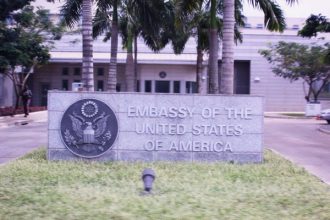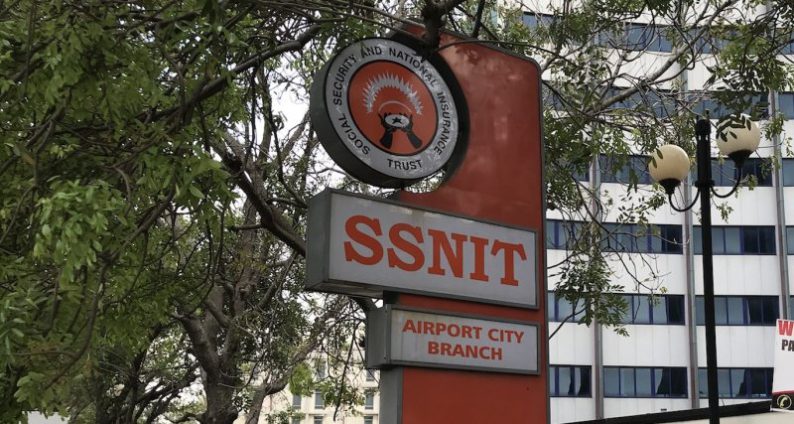The Ghana Union of Traders Association has rejected assurances from the government that relief is in the offing for Ghanaian traders stranded at the Nigerian-Benin border.
President of the Association, Joseph Obeng says from their understanding, the West African giant is unwavering in its decision to close its borders.
In an interview, Mr. Obeng said “we have been there [Nigeria] and they reiterated what they are doing. They said it [the border closure] is going to be there for long.”
Not even an assurance from Deputy Trades Minister, Carlos Ahenkorah would alleviate his worries.
According to Ahenkorah, a government delegation from Ghana has been to Nigeria to negotiate a pact. Under the agreement, Nigeria would open its borders to Ghanaian goods and also allow Ghana-bound goods to cross from Nigeria.
The Deputy Minister who is MP for Tema West, said this agreement could be enforced in two weeks’ time.
But Mr. Obeng doubts the possibility of this.
He told host of the PM Express, Evans Mensah that he has no faith in the government’s efforts.
Nigeria is on a quest to strengthen its local industries and won’t budge at Ghana’s request, he said.
This, he noted is deliberate and a clear violation of ECOWAS protocol, which requires free movement of goods across the West African sub-region.
However, he argued that Nigeria is in its right to do so but said: “they should have informed us so we don’t send our goods there or even go and buy goods.”
Ghana should also emulate Nigeria and close its borders, Mr. Obeng said.
Why has Nigeria closed its borders?
The government of Nigeria in August said it is time to end rampant smuggling across the porous frontiers.
The decision is aimed at preventing weapons and drugs from entering the country and not just to stop food smuggling, Finance Minister Zainab Ahmed said this week.
The border closure has, however, received widespread criticism from across the sub-region.















